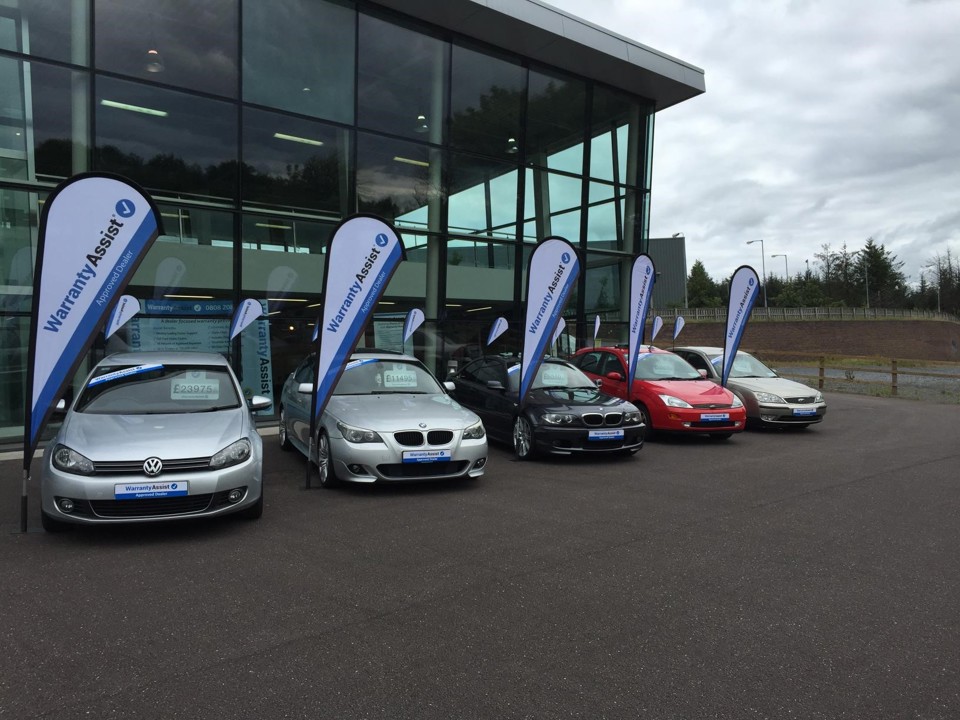Wages, recruitment and the impact of the cost of living will have the biggest potential to impact dealership profit in 2024, according to industry research.
Staff costs will have the biggest potential to impact dealership profit in 2024, according to Startline’s latest used car tracker which found that almost half of dealers (47%) cite this as the biggest factor likely to affect their business in 2024, while cost of premises (33%) and the potential for used car sales to fall (33%) are also high on businesses’ watch list.
Paul Burgess, CEO at Startline Motor Finance, said: “Dealers have found themselves in a situation in recent times where all kinds of unavoidable costs – from premises to advertising – have been rising, often quite substantially.
Despite evidence that wage increases in the overall economy are beginning to soften, he noted that the cost of staffing is by far the biggest factor mentioned in the research. “Anecdotally,” he said, “we know dealers have been having to pay more for staff and that recruitment is an issue.”
The findings are borne out by a new report from the Institute of the Motor Industry (IMI) – Driving Auto Forwards – which flagged the ongoing challenge of filling vacancies – with the industry faced with the highest vacancy rate in 21 years driven by an aging workforce and retirements, salary dissatisfaction and post-COVID job-hopping.
Startline added that some dealers are also worried about falling income from servicing (15%) and aftersales (10%) in 2024 and that while the numbers involved are quite low, it was an important finding in that servicing and aftersales tend to be consistent sources of income for dealers.
“The research doesn’t explain why this is the case but there could be a variety of explanations ranging from worries that the cost of living crisis will see more motorists skip servicing through to apprehension about the impact of electrification on workshops,” he said.
The latest Motor Ombudsman’s annual survey of independent garages and franchise dealer workshops echoed the survey findings, finding that rising operational costs, taxes and energy bills are set to be the most significant challenge for three-quarters of vehicle repairers during the coming year.
“In light of this increased expenditure, just over half of respondents (54%) stated that they would be confronted with the dilemma of having to raise prices in order to sustain a viable business that is costing more to run,” it said. “This also comes at a time when garages foresee consumers putting off essential repairs (54%), and routine maintenance (49%) to save money, as household finances remain under strain.”
It noted that the principal hurdles of 2023, where 53% of businesses had witnessed customers avoid taking their car in to reduce the level of spend on their vehicles due to tstrained household budgets.
The IMI said this will be further compounded by the expectation that vehicle repairers will have to pay more than in 2023 for spare parts to fix customer vehicles, likely due to shortages and inflation (58%).
“Further rises remain likely,” said Starline’s Burgess, “and together with the rising costs that they cite in several areas, alongside the possibility of generally falling used car sales, there is potential for margin erosion.”
The Startline Used Car Tracker is compiled monthly for Startline Motor Finance by APD Global Research. This time, 313 consumers and 60 dealers were questioned.





















Login to comment
Comments
No comments have been made yet.